Part Two – The USSR and Gulag
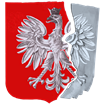
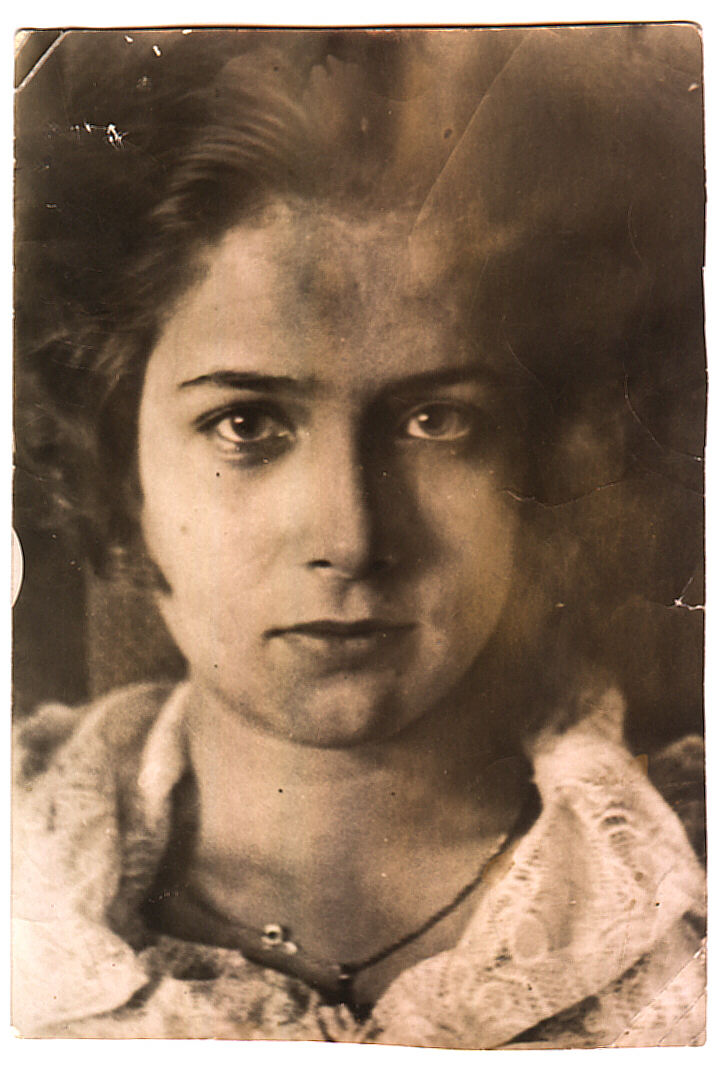
Janina Sulkowska, 1934
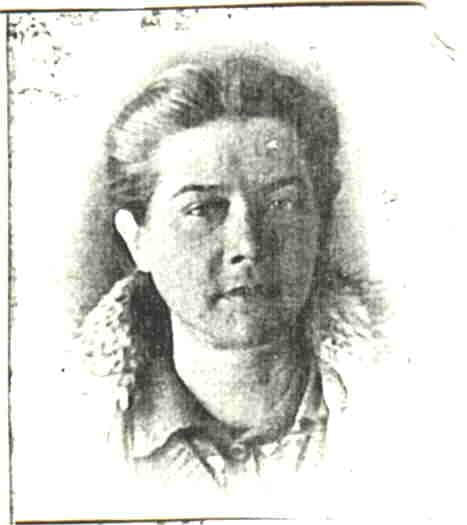
Face of Freedom: Photo of Janka (swollen from malnutrition) taken on March 1, 1942, day of release from the Gulag.
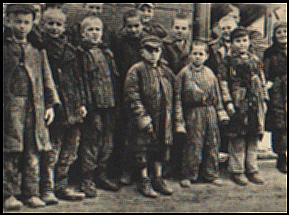
Polish Children: about half of the 380,000 children deported to the USSR perished. Survivors faced further disease and starvation in freedom.
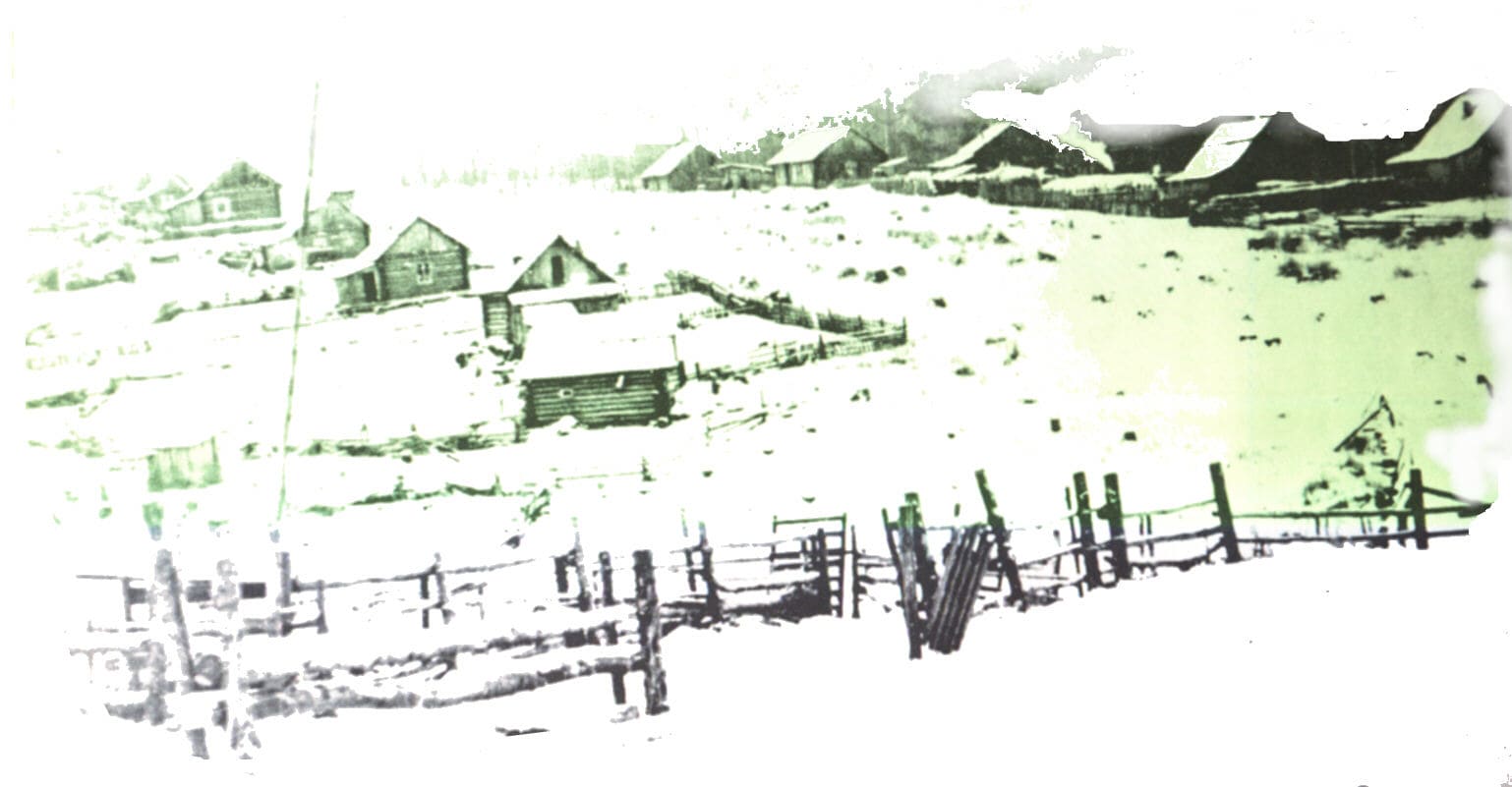
Krasno Village
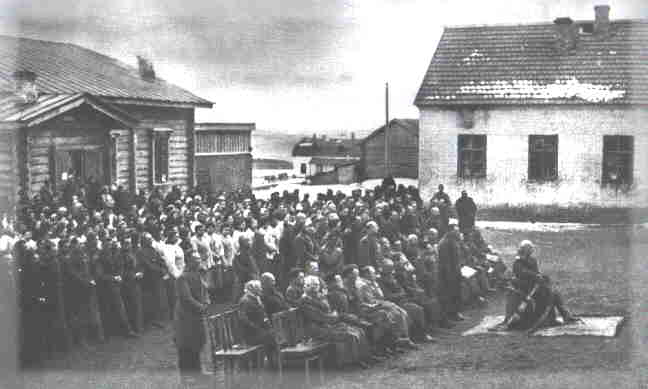
General Anders celebrating Polish Independence Day with Polish soldiers in Buzuluk, November, 1941.
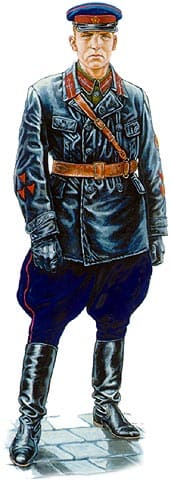
NKVD
At Last Freedom
On March 1, 1942, I walked out of Punishment Camp Number 6, a free woman at last. It was almost exactly two years ago that the NKVD had come to arrest me at my family home in Krzemieniec. I was leaving one chapter and moving on to the next in an adventure that was far from complete–without knowing if my family was alive or dead.
Accompanying me were the “jokers” Baranowski and Czarnokonski, released from solitary, and two Russian thieves. I was overjoyed at my liberation, but I also realized that my source of prison food, meager as it was, had been eliminated. Luckily I had Soviet-made boots which I’d bought for bread while working in the kitchen–otherwise I’d be negotiating snowy freedom in my bare feet. The rest of my attire included my old coat with the burned-out hole, a warm hat, and one woolen mitt.
We travelled by rail to a central point in Dry-Without-Water where I met a Polish mother and daughter whom I’d known in Camp No. 2, and who had also been released that day. Here I also befriended Maniuta Nowakowska who’d arrived from another camp, and who theorized that her late release was because she was born in Berlin. Perhaps that my birthplace was in Russia similarly accounted for my 6-month extension, after most of the surviving Poles had been released. Maniuta and I decided to team up.
Our group had identification photographs taken by a former reporter from Lwów who even made us extra copies. Maniuta and I decided to travel south to Buzuluk, the headquarters of the new Polish Army in the USSR. We’d follow the path of thousands of Poles–men, women and children–who were determined to join the army or seek its protection. The way was full of hardships and death. The mother and daughter opted to stay in Dry-Without-Water as “free” citizens and set up a tailoring business at which they had excelled in prison. Baranowski and Czarnokonski set out without any particular destination in mind–shouting from the train that we’d all meet in the Polish Army!
Maniuta and I got as far as Gorky, and there we got stuck. The trains were full of soldiers heading for the front against the Germans who were pushing into Russia, and civilians were out of luck. The station was crowded and the town under a black-out–and we had little food. Despair was gripping us, when I beheld a poster with familiar writing…it took me several seconds to realize I was reading Polish! It gave directions to the local Polish Delegature, set up to aid Poles. At the Delegature we were warmly greeted and given a bath and a meal. But we learned that the Polish Army wasn’t taking any more people, and even worse we didn’t have Soviet permission to stay in Gorky. We were directed to a small village near Gorky and advised to remain there until opportunities arose. The Delegature promised to keep in touch.
Some news that lifted my spirits was that Jakub Hoffman was alive, having been released by the Soviets in Gorky in January, and was now with the Polish Embassy in Kuybishev. General Sikorski, the Polish Prime Minister and Commander in Chief, and Stanilsaw Kot, Ambassador to the USSR, had intervened on his behalf with Stalin himself. For the second time he put on the uniform of a Polish Captain, and would be appointed as Embassy representative in Uzbekistan. I made an appeal to him at once, for help in joining the Polish Army and getting out us of our predicament here. The USSR was doing much to hamper Poles trying to get to the army. Jews and Ukrainians from Poland were being classified as Soviet citizens in order to keep them out of the Polish army and to create dissension.
The Hut Beyond the Village
By train to Bogorodzka and then by sled to the village of Afanasjewo, that was now home to a sewing factory evacuated from Kiev. Maniuta and I got work operating sewing machines making canvas bags, sheets of camouflage and other army material. The factory was staffed almost entirely by woman, many of whom came from Kiev with the factory, and included a large group of Latvians and a few Polish families. There were only a few men, either the very old or young, unfit for the military. And suddenly the prophecy of Moses came back to me: about finding myself in a place with “many women and few men!”
Maniuta and I bounced around a few huts until we found a home with Tioti [aunt] Mani, who made us part of her family. In gratitude I sewed her little daughter a simple blouse, but gave it billowy sleeves–which quickly became the rage of the village. Orders poured in. Most homes possessed a treasure from better days: a Singer sewing machine, which I operated by hand. Thus I was able to supplant our daily factory ration of a bowl of soup and 500 grams of bread, with milk, flour, eggs and other food without which we would have starved. I always had orders to fill–even when the power went off in the factory which was quite often. I would simply knit in the dark. (I had no news of the rest of my family but my mother was also sewing to support eight members of our family in Siberian exile!)
Finally we moved into a dilapidated little house which we called “the hut beyond the village.” It was already May and the roads were still covered with icy mush which we negotiated in shoes tied up with rags. Finally greenery exploded across the landscape and I decorated our hut with budding birch branches in honor of my name day and that of my father…wherever he was. With the good weather, Maniuta ventured to the Polish Delegature in Gorky, never to return. At the Delegature she received a job in the distribution of food to Poles still arriving from all parts of the USSR, and stayed on. I was angry with her–but at least I ate well for over a week utilizing her food vouchers. This greatly helped my health.
Now that I had extra room in our little hut, a mother and her baby, both sick, were assigned to my household. Waria Niemira was from Latvia but Russian, while her Polish husband was in the Soviet Army at the front where he’d been wounded. Waria was suffering from avitaminosis as well as being mentally unstable. Her little daughter Tamarka was malnourished and resembled a dried-up old woman. The child was six months old but could barely raise her head up or cry.
I often picked sorrel which we ate with a bit of salt and bread or horseradish. We also gathered mushrooms in the forest, cooking them in milk with stolen turnips. Little kolkhoznik girls would appear at my window offering vegetables in exchange for the dolls that I made from rags brought home from work. This helped me to feed my new tenants who were a severe strain on what little food there was.
Luckily it turned out that Waria had a gift for fortune-telling with playing cards. On one occasion she told a woman that a letter would be arriving from her husband shortly–and it came the next day. Her fame soared. Soon women were lined up wanting to know the future. A woman would enter our hut, put an egg or other item on the table, and Waria would consult her cards. The question invariably had to do with the menfolk who were away in the army. We became quite fond of hard-boiled eggs with a bit of dill. Even I got in on the act. One evening Waria was in a hysterical state as her little daughter was coughing. And our customer was the wealthiest woman in the district. I improvised and “read” her palm, foreseeing a long life with prosperity and even a romantic adventure. She presented me with a jar of dill pickles and a box of berries!
A Call to the Polish Army
One morning I received a telegram: “Be Prepared to Leave–Kuba Hoffman.” I immediately made my way to the factory office to get my discharge, but they wouldn’t hear of it. I had been warned by the Polish Delegature not to leave my job as this would cause problems for everybody. A few days later another telegram arrived: “I call you for service in the Polish Army–Colonel Rudnicki.” I was sure that now I’d be allowed to leave work.
I had to get papers from the Polish Delegature in Gorky. This entailed catching a train at 4 a.m. in a field where there was no station–you had to flag down the locomotive. To get there I made my way at night across miles of forest, swamps and cemeteries. Such a trip would have once been frightening for me, but now it was a midnight stroll. In Gorky everything was arranged except that my official release from work was needed. I presented my case again at the factory, where I was interrogated by a Politruczka [political officer] who demanded to know what my conviction had been for, where I’d been imprisoned etc. The next day the director of the factory handed me an order to appear before the NKVD in Bogorodsk. Fear gripped my heart.
But I had to go. Arriving in Bogorodsk, I first contacted someone whom I trusted. This was Jasz, a Jewish tailor from Plock, whom I met in the factory, and who had since set himself up here. I begged him to go to the Polish authorities in Gorky if I didn’t return from the clutches of the NKVD. I still had some time before my NKVD appointment, so I went to a local charitable Polish organization to get shoes, as I was walking around barefoot or in slippers I’d made from my coat. I found the address and knocked. A distinguished Polish Jew invited me in. He plied me with coffee and caviar, and told me that an orphanage and school for Polish children would be opening soon–would I like to become a teacher? I gave him my name and address, and he presented me with new boots. Later I found out this “charity” was affiiliated with the Union of Polish Patriots, a front set up by Stalin with a few Polish traitors and run by the USSR.
I made my way to NKVD headquarters and sat in a little garden awaiting the officer in charge of my case. After observing me from the second-story window, he called me in. My heart was pounding as I walked past the guards and up the stairs. I answered his questions as I always had with the NKVD: that at school I was sympathetic to the Polish cause and that’s why the Soviet government found me guilty–but now I wanted to join the army and fight with the USSR against the Germans! The NKVD officer politely listened, smoking a cigarette. He then offered me one, and pointed out my route on a map of the USSR on the wall. He told me everything was taken care of and wished me luck. With my heart in my throat I walked out in a state of happy disbelief.
Jasz was keeping a vigil in the garden. He took me to local Russians where he had meager accommodations, and we celebrated with czaj [tea]. In the middle of the night I woke up to catch the train to Afanasjewo, and made it on time to my job. It’s amazing that I was always able to get up in time despite not having a clock or watch. I would simply decide to wake up at a certain hour–and I always did. In the factory office the papers were awaiting me. The NKVD acted very quickly. Without them one couldn’t travel, get lodgings or even buy food.
Christopher Jacek Gladun was born in 1951 and grew up in Canada to where his family emigrated from England as displaced persons. Sadly, Chris died in Toronto in March 2003. He held a diploma in Journalism from the Niagara College and a BA in Polish Language & Literature from the University of Toronto. Chris also acted as interviewer and researcher for the documentary film “Rescued From Death in Siberia”.
This content is now maintained by the Kresy-Siberia Group, which Chris was a charter member of and which is taking his website and his research work forward.